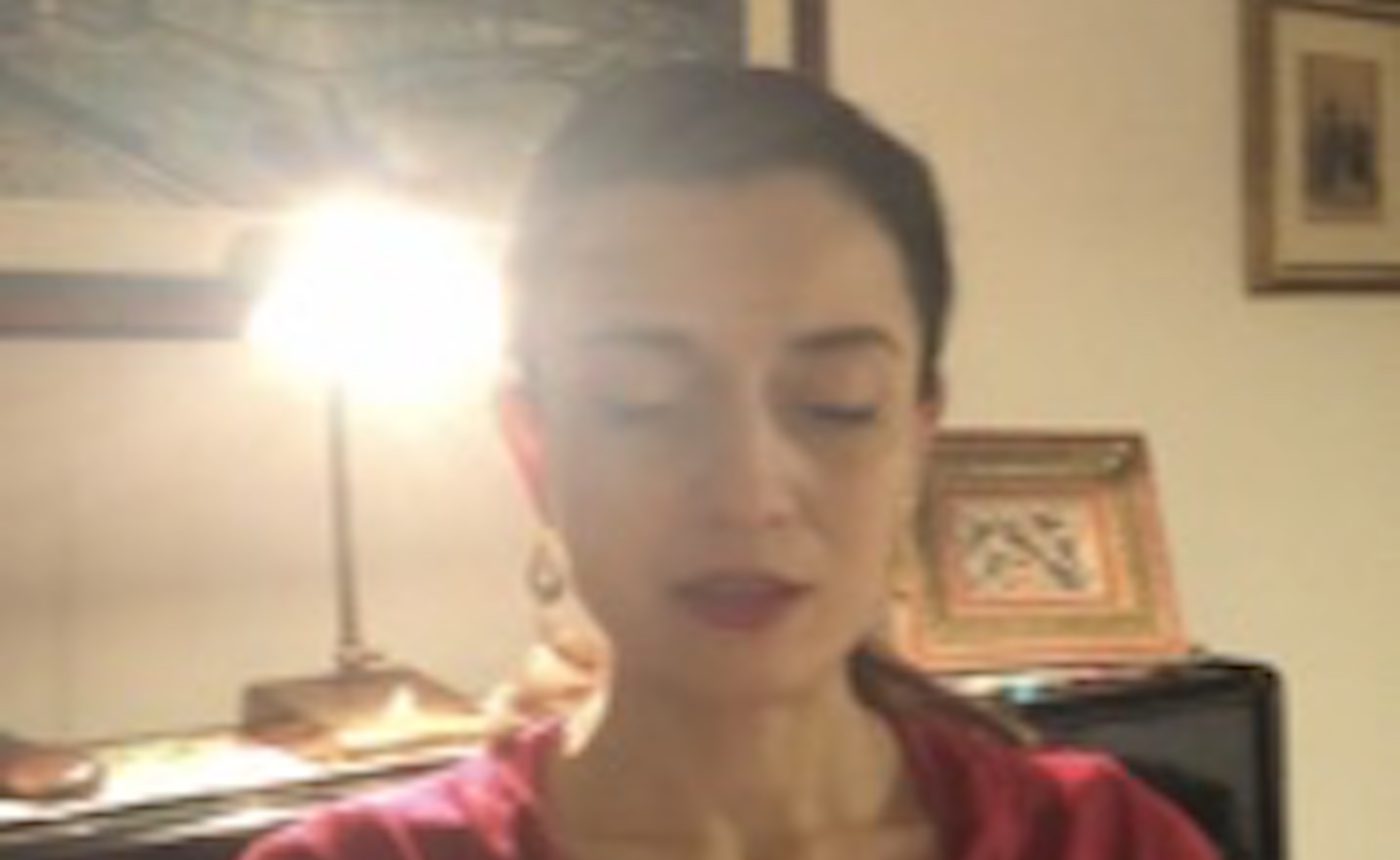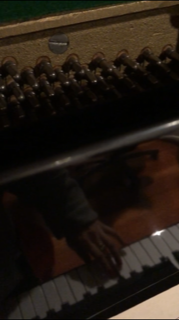” […] a melody kidnapped me, even if I couldn’t understand that hymn”
[La Divina Commedia – Paradiso,canto XIV, vv. 122-123]
Maestro Riccardo Muti is the one quoting these words during an interview, to define what music is and recalling Dante’s words he explained: “Music isn’t understanding, it’s rapture” .
By saying so, Riccardo Muti seizes the opportunity to address those who pretend to be music “connoisseur” (it’s Muti that underline the quotation marks) by saying : “when people goes to theater and there is the famous “connoisseur” annoying them who went to enjoy music and are terrorized by this famous one” and then he adds:
“me too, I’m not a music competent. I’m a musician hence when I hold a sheet music I know about its shape, architecture, harmony, contrappunto, dynamics; all these are objective elements of music, but what’s behind the notes” and here he stops speaking
” as Mozart said, infinity is between two notes.”
Till now we have always spoken about visual art, never about music.
Music, the most abstract among all the Arts jet, for me, the one that goes directly to ones mind, without filters. There is no need for our mind to know the biography nor the historic and political environment of Mozart to get activated by his music and for our emotions to raise up, being more or less a “connoisseur” doesn’t make much of a difference when speaking about the effects that listening to music generates in us.
It isn’t the same, as an example, when speaking about painting especially the abstract one; for some works it isn’t meaningless the knowledge of who, when and where and even so it might be necessary the explanation by some expert of the philosophy behind those works because, honestly speaking, the first reaction usually is ” … and what is the significance of this?”
Significance; signum + facere and if the signum isn’t intelligible there is no way one can get any further.
It might be useful quoting Dante again although in this case it’s almost impossible to translate the “Trasumanar significar per verba non si poria ” (Trasumanar, you can’t make it significant by languages “) : here is the point, music generates a “trasumanar” , the other Arts give significance by terms of a language and there is the need of knowing the language used.
Those who follow me know that I try to present a comprehensive view among Arts, Sciences, Philosophy, hence it’s natural for me to underline what follows: exactly the art that is closer to maths which is for most of us the farthest language, it’s the most universal among all the Arts.
Music doesn’t need to be translate from one language to an other and, we may like it or not, interacts with us right in the moment we listen to it.

